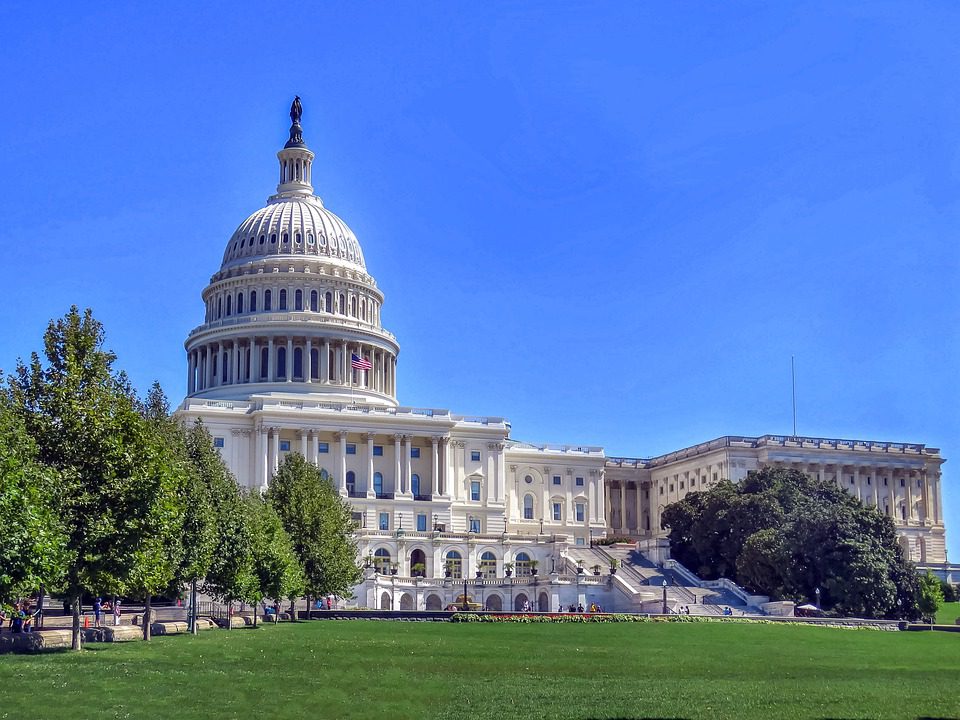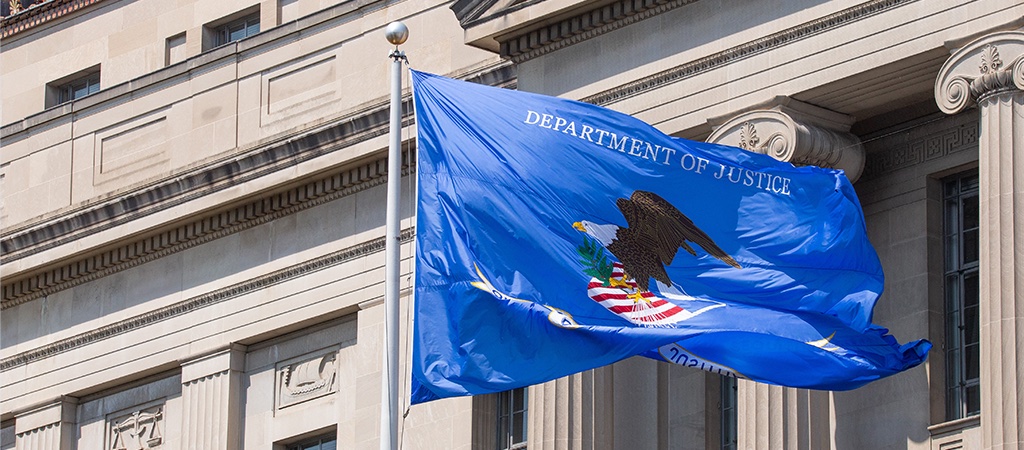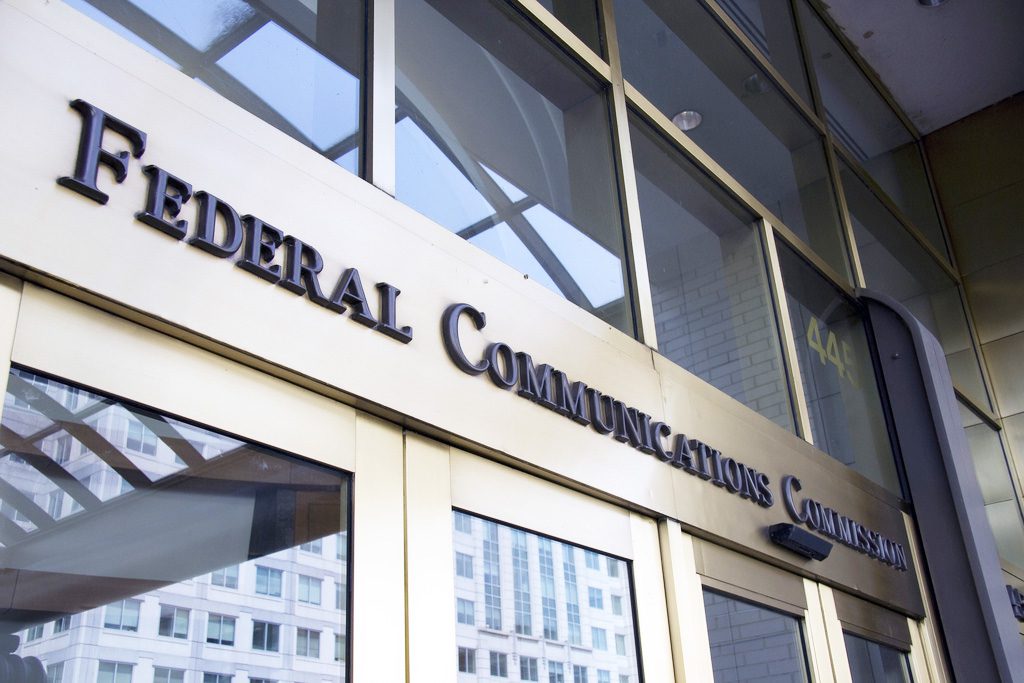This is the seventh of thirteen issues selected by our members and resulting from a nationwide faith and values study called Vital Signs.
Each week, we will cover a new topic with in-depth insights and biblical perspective in order to encourage, equip, and inspire praying Americans leading up to the 2020 Election.
Can the great American experiment overcome our debt?
“There are two ways to conquer and enslave a nation. One is by sword. The other is by debt.” –John Adams, the 2nd president of the United States, 1826.
The nearly 27 trillion dollar debt seems to hang over the United States like a storm cloud. How did the United States get into this position? Is it a threat? And how do we get out from under it? Many think that the government may have taken over too much when it comes to the economy, however, others think there should be more government intervention, not less.
What Americans think and say
Government Spending and Debt
The U. S. Constitution provides for taxes to be collected from its people for the aid of its people. “The Congress shall have Power To lay and collect Taxes, Duties, Imposts and Excises, to pay the Debts and provide for the common Defence and general Welfare of the United States; but all Duties, Imposts and Excises shall be uniform throughout the United States; . . .”
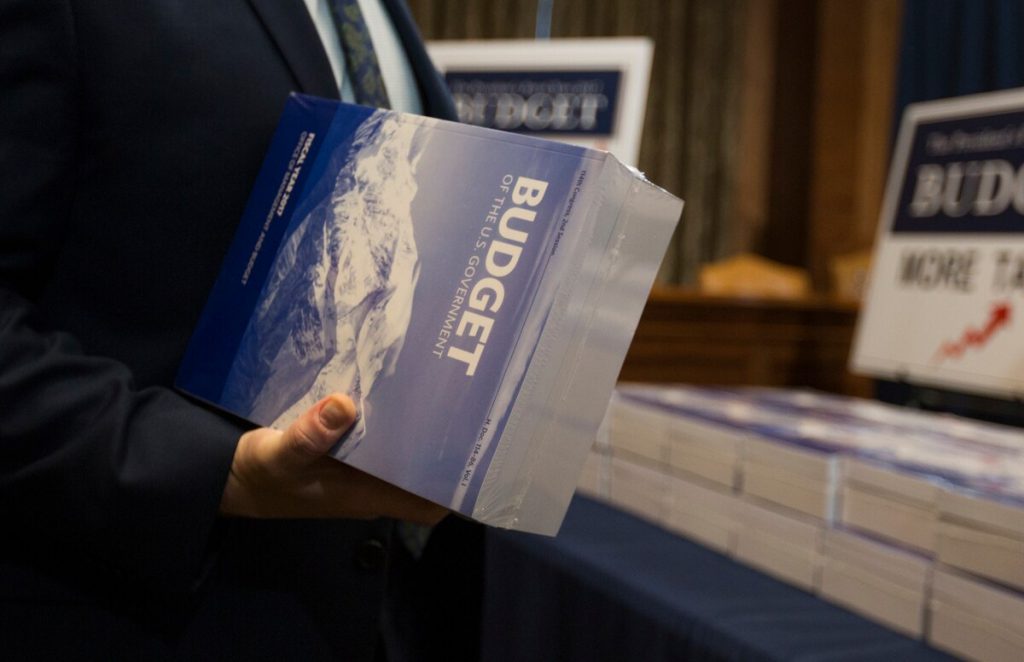
The federal government collects revenue from a variety of taxes and services—even national parks. Government spending can be broken into three categories: mandatory, discretionary and interest. Mandatory programs are mandated by law such as Social Security, Medicare and various income-security programs which accounts for 62% of the budget. Discretionary programs are approved by the President and voted on by the Congress each year such as national defense, transportation, education, housing, social service programs, and science and environmental organizations, which account for 30%. The interest the government now pays is the remaining 8%.
In 2019, the Federal Government collected $3.5 trillion. It spent $4.4 trillion. A deficit is when the difference between money going out is greater than income in a given year. In this case $.9 trillion. The government debt is the total of deficits up to that point which at the end of 2019 was $22.7 trillion and is now (August 2020) about 26.5 trillion.
Is government debt necessary? Just as citizens would borrow money for a car and house to advance their lives as they pay for these large commodities, the government does the same to stimulate economic growth, make up for losses such as occurred with the corona virus, and support programs that have become expedient to help those going through hard times.
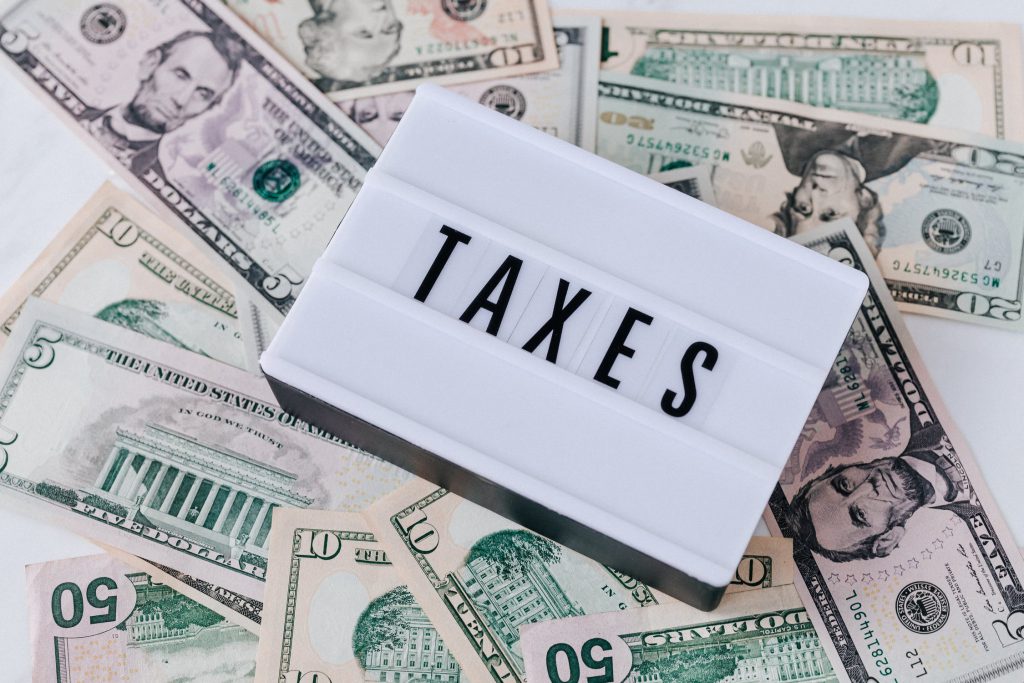
You may wonder who the government is borrowing from. The United States borrows from its own citizens and other countries through Treasury notes, bills and bonds.
Is it something to worry about? Some say no, some say yes. Robert B. Charles of Amac magazine states, “While wars, recessions, depressions, and the modern contrivance of mass entitlement programs (after 1965) have continuously raised America’s debt, our Founders were intensely focused on not overspending. Why? The answer is simple. Those who founded the country were concerned that runaway national debt would drain revenue from future generations (in higher taxes) to pay for the living.”
The amount of debt has become a great concern because a weakened economy leads to weakened national security. An Industry Week article quotes Dr. Ronis, editor of “Economic Security: Neglected Dimension of National Security,” as saying, “Without capital, there is no business; without business, there is no profit; without profit, there are no jobs. And without jobs, there are no taxes, and there is no military capability. The viability of a nation’s industrial infrastructure, which provides jobs for its people, creates and distributes wealth, and leverages profits, is essential. Without jobs, the quality of peoples’ lives deteriorates to a point where society itself can disintegrate.”

Ways to pay off the debt include increased taxation, reduced spending, debt restructuring, monetization of the debt (by buying notes, bills, or bonds), or outright default.
Some say the debt is nothing to worry about. A Fisher Investment article says, “By looking back on the data we can see that stocks perform much, much better after budget deficit peaks than after budget surplus peaks.” The writer goes on to say, “While many regard government debt with suspicion or outrage, attitudes are generally different when it comes to personal debt. Most individuals would be unable to buy a house or car, send a kid to college or start a business without the ability to take on debt. And there is also an understanding that companies also often need to take on debt to expand, to fund research and development or to buy up a competitor. Of course, there will always be individuals and companies that use debt foolishly and suffer for it. But more often than not, access to capital is an important driver of economic activity and well-being.”
When it comes to excesses in government spending, Speaker of the House Nancy Pelosi said, “It is almost a false argument to say that we have a spending problem. We have a budget deficit problem.” But budget deficits do not just show up out of thin air. Her expressed ideology is held by many in the House of Representatives.
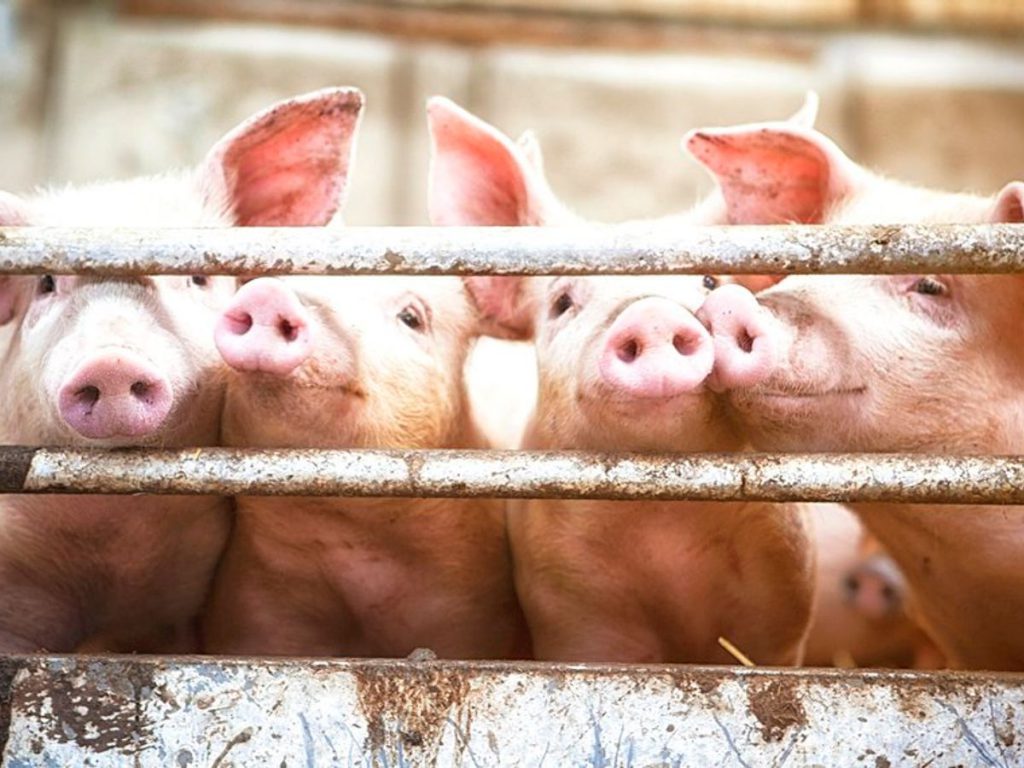
“Pork-barrel” spending is called out each year by Citizens Against Government Waste. Its 2020 Congressional Pig Book exposes what it said was $15.9 billion worth of earmarks in fiscal year 2020. For the past two decades, members of their organization have also voted on the dubious honor of Porker of the Year, given to lawmakers and government officials who show a blatant disregard for the interests of taxpayers.
In November 2019, Senator Rand Paul of Kentucky released what has become his annual “Waste Report” on government spending. For the fiscal period that had just ended, he called out over $230.6 billion in taxpayer money wasted. Some of the projects he listed included research that involved hooking Zebrafish on nicotine, bringing Serbian cheese up to European standards, and some USAID programs he considered questionable.
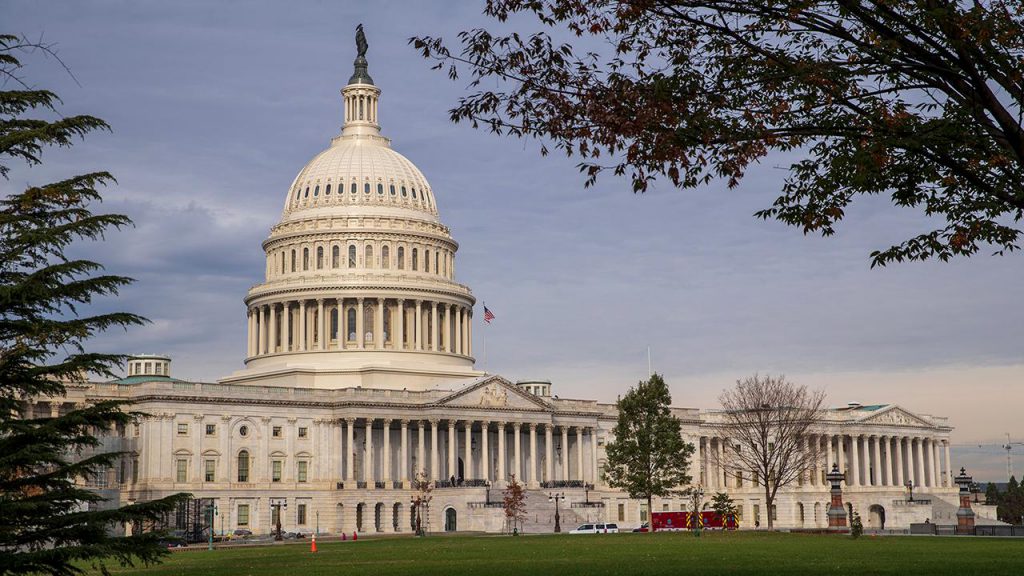
Even spending with the best of intentions doesn’t always have recipients who play by the rules. On July 28, 2020, the Office of the Inspector General of the Small Business Administration released an alert over serious concerns of potential fraud in the economic injury disaster loan program pertaining to the response to COVID-19. They had already identified approximately a quarter of a billion dollars delivered to “potentially ineligible recipients” in potentially “fraudulent transactions.” And the Treasury Department reported that nearly $1.4 billion in coronavirus relief or stimulus funds were sent to dead people, while another unrevealed number of $1,200 stimulus checks were sent to foreigners living overseas.
Georgia attorney Clayton Cartwright, who specializes in immigration tax law and has a background in accounting, said Congress was in a “panic mode” in March as the economy was shutting down over the pandemic, so it rushed stimulus funding out the door. “You know — damn the torpedoes, full steam ahead. We’ve got to get the money out,” he said. “So they just do it and just live with the consequences,” including the unintended ones that he called “spillage.”
The U. S. Economic System
The United States operates primarily on capitalism. The question has risen in recent years, should the United States continue with capitalism or adopt socialism as its means to provide for its citizens? Several years ago, this question would have seemed like a joke, however recent politicians and many Americans, primarily younger generations, have embraced socialism.
Capitalism
Capitalists argue that government control leads to loss of freedom, a controlled and oppressed people, poverty and violence. With the current interpretation of “the separation of church and state,” many are concerned that the more the government is involved in daily life the less freedom Christians have to express their faith.
Capitalism operates on supply and demand. Capitalism rewards hard work, ingenuity and risk taking. It maintains freedoms that socialistic systems squelch.
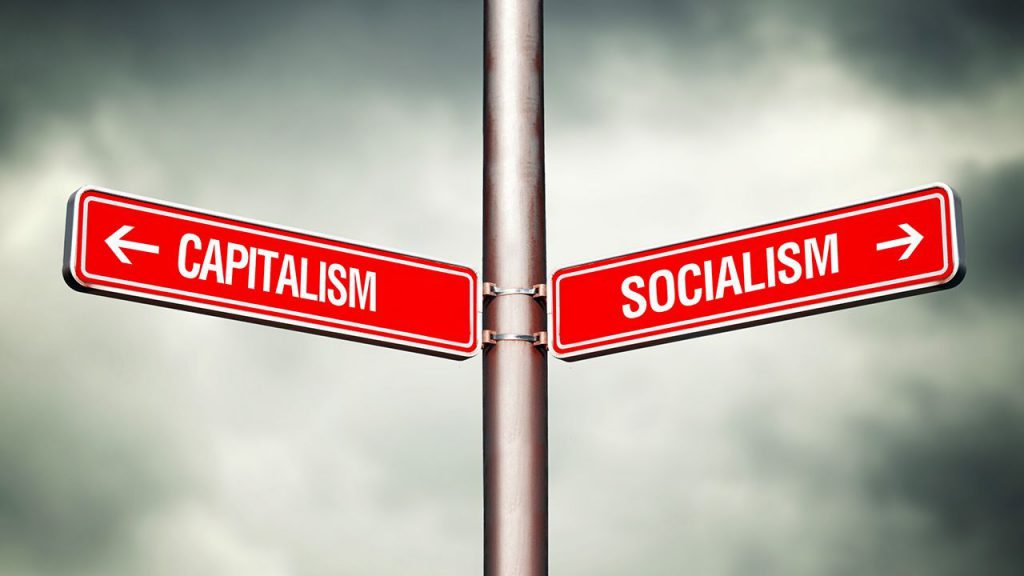
There’s an old satirical joke that defines various economic philosophies. Socialism: You have two cows. The government takes one and gives it to your neighbor. Capitalism: You have two cows. You sell one and buy a bull.
The problems with capitalism are that some people get left out of the profits. Many people work at low wages and can’t make ends meet. Matt Michel writes, “Statists talk often of the need to take care of those less fortunate. Not even the most libertarian capitalist will argue with the need to help others. They do object to the government taking an individual’s money by force, as certain as any armed robber, and redistributing it in ways the individual does not like. This does not mean we abandon the poor. It just means we must recognize that redistribution of income is immoral, not moral.”
Socialism
Socialists argue that it should be the right of every American citizen to have their basic needs met such as healthcare, education and provisions such as food, clothing and shelter. They argue the gap is too wide between the rich and the majority of U.S. citizens.

What is socialism? Socialism means different things to different people. Socialism in the purest form, as it was in Russia, meant government-owned business, government-supplied goods, government control. It led to an oppressed people with little hope of improving their circumstances. It led to scarcity of services and goods for the Russian people. An article from The Heritage Foundation says, “As we have seen from our examination of Israel, India and the United Kingdom, the economic system that works best for the greatest number is not socialism with its central controls, utopian promises, and OPM (other people’s money), but the free-market system with its emphasis on competition and entrepreneurship. All three countries tried socialism for decades, and all three finally rejected it for the simplest of reasons — it doesn’t work. Socialism is guilty of a fatal conceit: It believes its system can make better decisions for the people than they can for themselves.”
A Mix
Some partisans cite the Nordic countries as being the shining example of socialism where World Happiness Reports ranks Sweden, Norway, Finland, Denmark, and Iceland as the happiest in the world. They have a mix of capitalism and socialism provided by high taxes. Forbes’ writer Jeffrey Dorfman says, “If the left insists on naming a system of generous government benefits combined with a free market democratic socialism, I cannot stop them. That seems unnecessarily confusing since the government is actually running no industries other than education (and meddling somewhat in healthcare). It certainly isn’t socialism. In fact, the only reason most such countries can afford those benefits is that their market economies are so productive they can cover the expense of the government’s generosity. Perhaps a better name for what the Nordic countries practice would be compassionate capitalism.”

Does the United States operate on a purely capitalistic society? Some view Medicaid, Medicare and Social Security as elements of socialism. State and Federal governments fund public schools because they pay for themselves in the long run. The nation benefits materially from an educated society. Many wonder if the United States extended its education into the college years, would this not also pay for itself?
Poonkulali Thangavelu in an Investopedia article says “Capitalism has led to occasional economic distress and distortions. While it is not a perfect system, compared with pure socialism, it seems it is the lesser of two evils. Thus, it seems a capitalistic system, with some socialist touches, might be worth considering in the U.S.”
What does the Bible say?
There are several books written about what the Bible says about finances.
“The rich rules over the poor, and the borrower is the slave to the lender” (Proverbs 22:7).
God is a loving Father who desires to meet His children’s needs. The problem comes when a person’s love for money is greater than his love for God.
One misconstrued version of a Bible verse is that money is the root of all evil. The verse actually says, “For the love of money is a root of all kinds of evils” (1 Timothy 6:10).
Acts 4:32-37 shows when the early church shared with each other. However, in chapter 5, as the story of Ananias and Saphira points out, Peter says, “While it remained unsold, did it not remain your own? And after it was sold, was it not at your disposal” (Acts 5:4). God’s harsh judgment was because they lied to the Holy Spirit about how much they gave. Giving wasn’t forced on them by the government or the church.

Of course, God wants His people to give. “Give and it will be given to you, good measure, pressed down, shaken together, running over, will be put into your lap. For with the measure you use it will be measured back to you” (Luke 6:38).
“Fear not, little flock, for it is your Father’s good pleasure to give you the kingdom. Sell your possessions, and give to the needy. Provide yourselves with moneybags that do not grow old, with a treasure in the heavens that does not fail, where no thief approaches and no moth destroys. For where your treasure is, there will your heart be also” (Luke 12:32-34). Here the making of money (selling) and giving to the poor is an individual responsibility, not one of the government.
For the Scripture says, “You shall not muzzle an ox when it treads out the grain,” and, “The laborer deserves his wages” (1 Timothy 5:18).
About paying taxes, Jesus said, “Render to Caesar the things that are Caesar’s, and to God the things that are God’s” (Matthew 22:21).
“The wicked borrow but does not pay back, but the righteous is generous and gives” (Psalm 37:21).
PRAYER POINTS
- Pray for wisdom for our government leaders in dealing with the budget, taxes, spending, debt, and social programs.
- Pray for clarity, wisdom and unity for the nation as a whole when it comes to capitalism versus socialism.
- Pray for economic, as well as physical, healing from the effects of the COVID virus.
- Pray for God-given solutions to poverty, homelessness, drug abuse, and crime in the United States.
- Pray for better economic education in homes and schools. Pray for our religious freedom to remain intact as the government adopts various economic policies.







